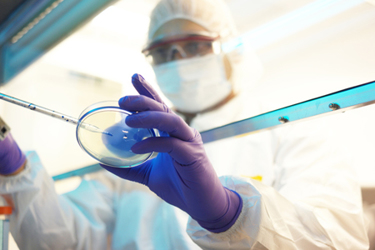The Pivotal Role Of Plasmid DNA
By Robert Reames, Vice President of Global Technical Operations, Aldevron

Plasmid DNA was key to the development of biologic drug manufacturing. Today, it plays a critical role in the production of next-generation cell and gene therapies and vaccines. With its plasmid DNA manufacturing expertise, Aldevron has helped facilitate the advance of these important therapeutics. The company continues to invest in additional capacity and novel capabilities to support biopharma manufacturers into the future.
Why Plasmids?
Plasmids are small extrachromosomal double-stranded DNA units that are typically circular in shape and are found across bacterial species. They behave independently of chromosomal DNA and are capable of self-replication. Generally, plasmids contain a few genes that encode proteins for cellular activities that are necessary for bacterial survival. Many are involved in establishing resistance to antibiotics, digesting foreign substances and killing other bacteria. Most notably, they can be picked up from the environment and transferred between bacteria via horizontal gene transfer (HGT), providing a unique nonsexual mechanism for the transfer of genetic information between individual bacteria and across species boundaries.
Get unlimited access to:
Enter your credentials below to log in. Not yet a member of Outsourced Pharma? Subscribe today.
